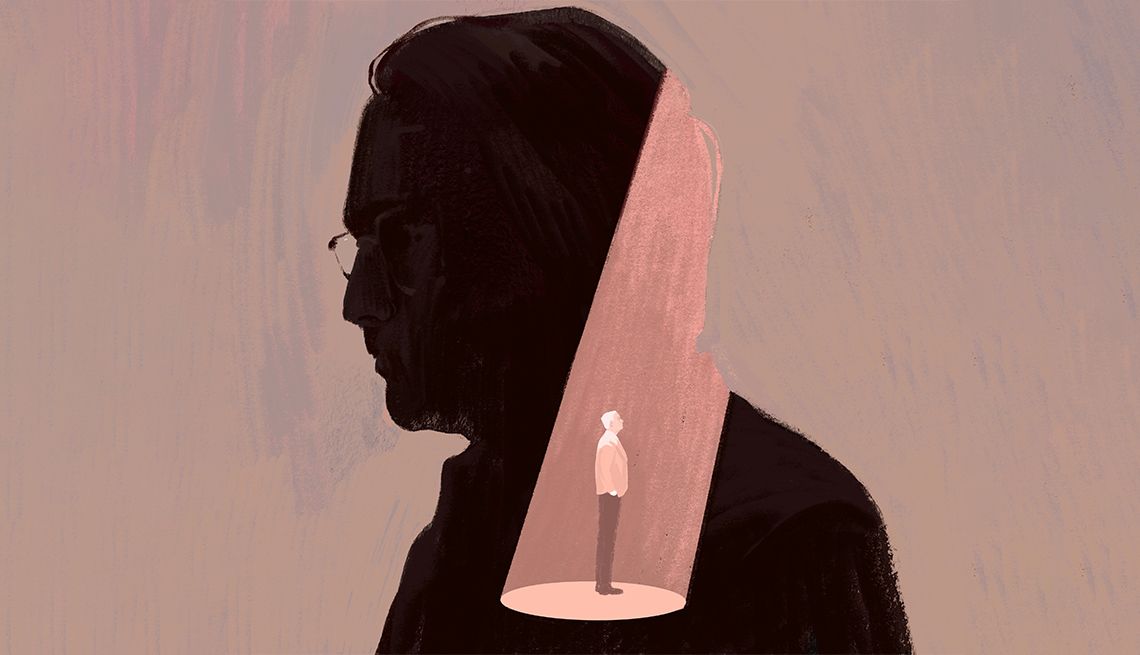AARP Hearing Center


In the fall of 2002, I twisted my hip leaving my office after work. I’ve had sports injuries over the years, and it felt like that — a pulled muscle or torn ligament, maybe. I figured I’d rest it and it would go away. I had an X-ray, but it showed nothing concerning. I went back to my life.
A year later, when my hip still hurt, I returned to my doctor, who ordered an MRI. A few days later, I went to his office to discuss the results. When he came into the examination room, he closed the door, sat directly across from me and fixed me with a professional gaze.
“I’ve got the results of your MRI,” he said. “There is a lesion on your hip.”
“A lesion?” I said. “You mean a tumor?”
“Yes,” he said.
I was 38 years old, with no history of any serious illness and a 7-month-old daughter. And with that single word, I had cancer. When I was diagnosed with what turned out to be an incurable form of blood cancer called multiple myeloma, I was told I had between 18 months and three years to live. Thanks to revolutionary new treatments that have been developed since then, I’ve been in and out of remission many times, and in each case my doctors managed to knock back my disease. It is not a stretch to say I am something of a medical miracle.
That said, cancer has taken its toll. I’ve undergone four rounds of radiation therapy, three rounds of immunotherapy, two rounds of chemotherapy and, most recently, a cutting-edge treatment called CAR T-cell therapy. I’ve had severe bone pain, serious gastrointestinal problems, insomnia, infections (I’m permanently immunocompromised) and a loss of feeling in my fingers and toes. The total cost of my health care runs in the millions of dollars, hundreds of thousands of which I’ve had to pay out of pocket, despite having good health insurance.




































































You Might Also Like
Is a Full-Body Scan Worth the Money?
A doctor’s advice on what to consider when weighing the cost of head-to-toe imaging
25 Great Ways to Cut Medical Bills
Get free health exams, spot billing errors, and other steps you can take
From Years of Pain to Unlikely Salvation
Unlikely call solves a two-year medical mystery